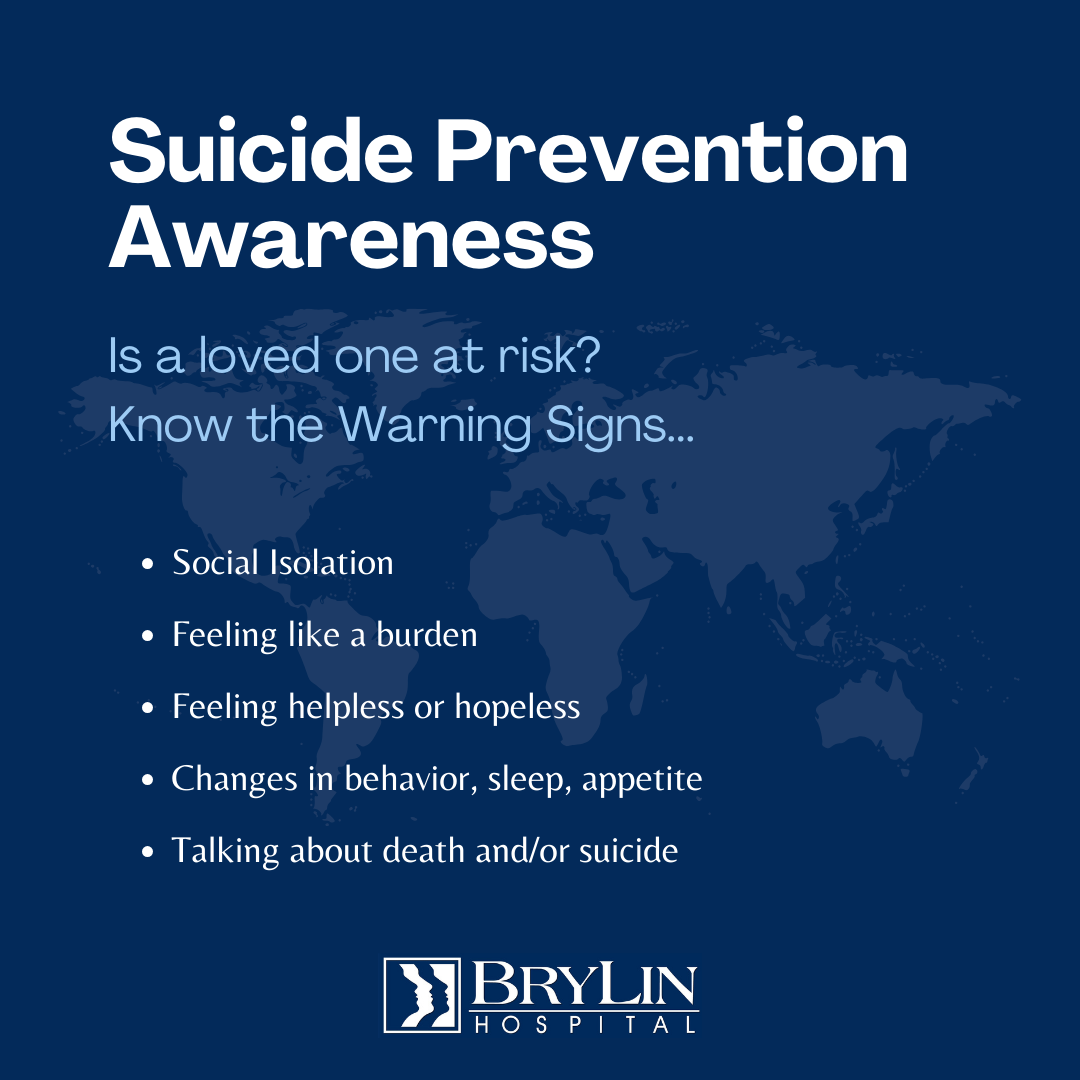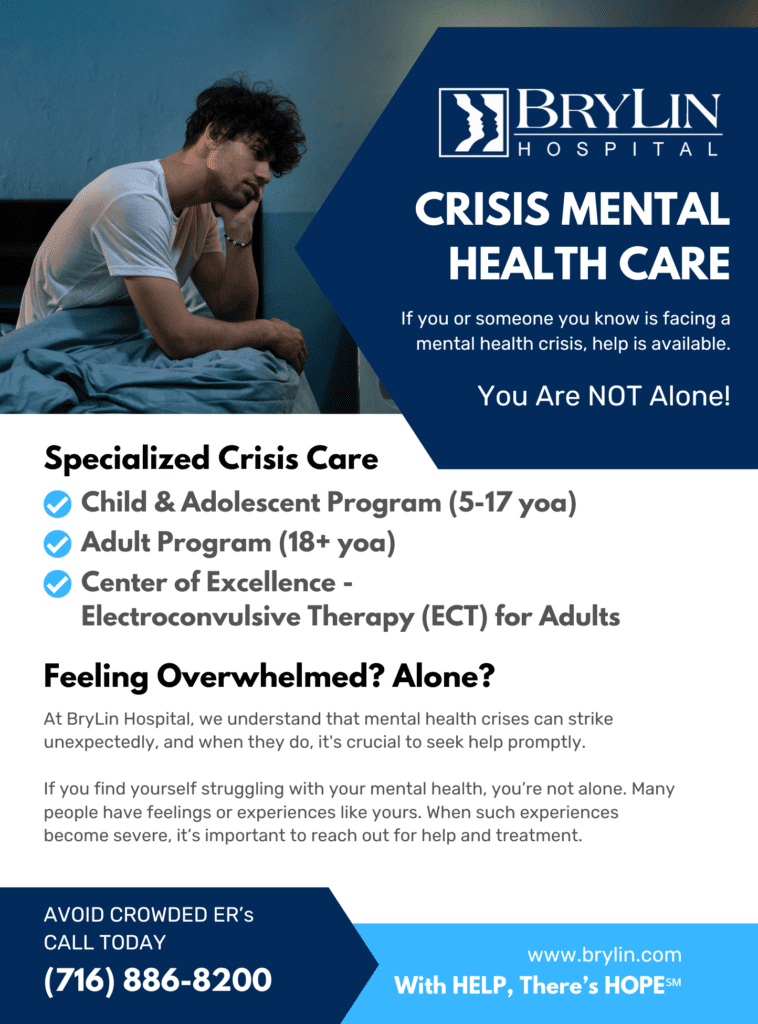Suicide Prevention Awareness: Addressing Men’s Mental Health
September is Suicide Prevention Awareness Month, an important time to focus on the mental health crisis affecting men in the U.S. According to the CDC, suicide is the eighth leading cause of death among men. Despite growing awareness, many men continue to suffer in silence due to societal pressures, reluctance to seek help, and the severity of their symptoms. It is crucial to understand the unique challenges men face when it comes to mental health and suicide—and more importantly, how we can help prevent it.
Suicide Prevention Awareness: Why Men Are More at Risk
Men are statistically more likely than women to die by suicide, often due to the use of deadlier means such as firearms. According to the Mayo Clinic, men are less likely to seek help for depression, a key risk factor for suicide, and often experience symptoms that differ from those traditionally associated with the illness. While women may show more overt signs of sadness, men may exhibit symptoms like fatigue, irritability, loss of interest in work or hobbies, and even sleep disturbances. These non-standard symptoms often go unnoticed, leading to under-diagnosis and, in many cases, untreated depression.
Suicide Prevention Awareness: Understanding Depression in Men
Depression is a major factor in suicides among men, yet it is still largely misunderstood and under-diagnosed. According to the Men’s Health Network, depression is the leading cause of disability in the U.S.. Men may develop depression due to a variety of causes, including chemical imbalances, life crises, or family history. Men often feel societal pressure to “tough it out,” but this can worsen the condition over time, both for themselves and their loved ones.
The important takeaway here is that depression is treatable. Men who recognize the symptoms and seek help early have a much better chance of recovery. Treatment can include therapy, medication, or lifestyle changes, and these interventions can dramatically improve quality of life.
Suicide Prevention Awareness: Sobering Statistics
The numbers surrounding suicide in men are staggering. In 2019, the CDC reported 47,500 suicides in the U.S., equating to one death every 11 minutes. Men represent 79% of all suicides, and the rate is nearly four times higher than that of women. Older men, particularly those aged 75 and above, are at the greatest risk, with the suicide rate at 36 per 100,000. Firearms, involved in 57% of male suicides, are the most commonly used method.
However, the number of deaths only tells part of the story. In 2018, there were 312,000 emergency room visits due to self-harm injuries, demonstrating the broader impact of suicidal behavior in our communities.
Suicide Prevention Awareness: Recognizing the Warning Signs
Identifying the warning signs of suicide is key to prevention. Men at risk may exhibit the following behaviors:
- Withdrawal from social situations
- Mood swings, irritability, or increased aggression
- Talking about death or expressing feelings of worthlessness
- Reckless behavior, including substance abuse
- Recent life crises or significant stressors
If you notice any of these warning signs in yourself or someone you know, it is critical to take action. Help is available, and addressing these behaviors early can prevent a tragedy.
Suicide Prevention Awareness: Steps Toward Prevention
It’s important to understand that depression and suicidal thoughts are not issues you can overcome alone. If you’re struggling, talk to a doctor or mental health professional. In urgent situations, seek immediate help by going to a hospital or crisis center. Often, family and friends can also recognize the signs before the individual does, so it’s important to listen to their concerns.
Additionally, lifestyle changes can have a positive impact on emotional well-being. According to the Men’s Health Network, taking care of your body by exercising, eating well, and getting enough sleep can improve your mental health. Meditation, building a support network, and learning to prioritize tasks are also helpful ways to manage stress. Most importantly, avoid self-medicating with alcohol or drugs, as this can make mental health conditions worse.
Conclusion: You Are Not Alone
During Suicide Prevention Awareness Month, it’s vital to emphasize that help is available. Men often feel the weight of societal expectations to be strong and self-sufficient and there’s a stigma about reaching out for assistance. However, asking for help is a sign of strength, not weakness. If you or a loved one is in crisis, reach out to a healthcare provider or a mental health professional. With help, there is hope. BryLin Hospital is here to support you. Contact us if you or a loved one needs help. You are not alone, and it’s okay to ask for support.
With Help, There’s Hope.





Comments are closed